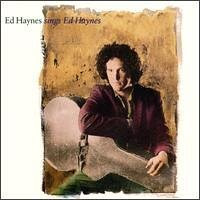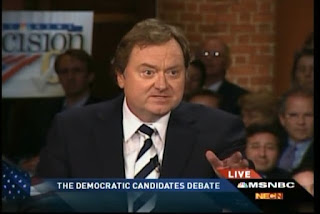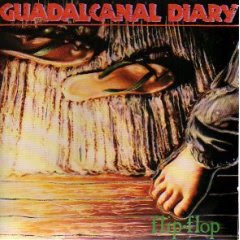
Album: Jimi Hendrix, Smash Hits, 1969 (cassette re-release)
Best Track: "The Wind Cries Mary"
Lasting Memory: One of the earliest music-themed conversations I can remember having took place in the back of late-1970s Ford Econoline van that was crammed full of 12-year-olds.
I was one of them, and my fellow boy Scouts and I were on our way to a weekend camping trip. I'm sure we had no idea what we were talking about, but we certainly all agreed that Jimi Hendrix was definitely the greatest guitarist who had ever lived and, quite possibly, the coolest human being we could imagine.
I'm sure I was also sure that I would one day be Hendrix' equal or better in both regards.
That hasn't happened yet, but there may still be time if I follow these three simple steps:
- Step 1; Learn to play guitar
- Step 2: Do a lot of drugs
- Step 3: Die at age 27
There seems to be a problem with even that poor consolation, though, because like Wesley Snipes as Sidney Deane keenly observed in White Men Can't Jump, "You can listen to Jimi, but you can't hear him. There's a difference man. Just because you're listening to him doesn't mean you're hearing."
The point was supposed to be that Woody Harrelson's character couldn't appreciate the undertones of racial struggle and personal triumph in Hendrix' music. The truth of the matter is that everyone has heard every popular and semipopular Hendrix song so many times by now that the music has become at best enjoyable, and at worst a little stale.
What was once revolutionary and revelatory has become just more fodder for classic rock stations and parodies that are parodic simply because they are nearly note-perfect.
I'm overstating the case, but I can't shake the feeling that overfamiliarity with Hendrix' body of work has robbed the music of its power to impress and inspire.
But then I hear "The Wind Cries Mary," and I begin to understand again why I and everyone else should be so blown away by the man. What is great about this particular song and similar ones like "Red House" and "Hey Joe" is that Hendrix pulls off that trick of playing both the rhythm and the melody lines at the same time. He bends individual notes within chords. He, in short, rocks while being all bluesy and jazzy about it.
So I can still appreciate listening Hendrix still, but having to really think about why it's good to be hearing him takes a lot of the fun out of the whole thing.
Anyone know how I can get my 12-year-old ears of wonderment back?
Up Next: Petr Holsapple & Chris Stamey, Mavericks, 1991










